In search of better teenage mental health
How an innovative collaboration is taking on the challenge.
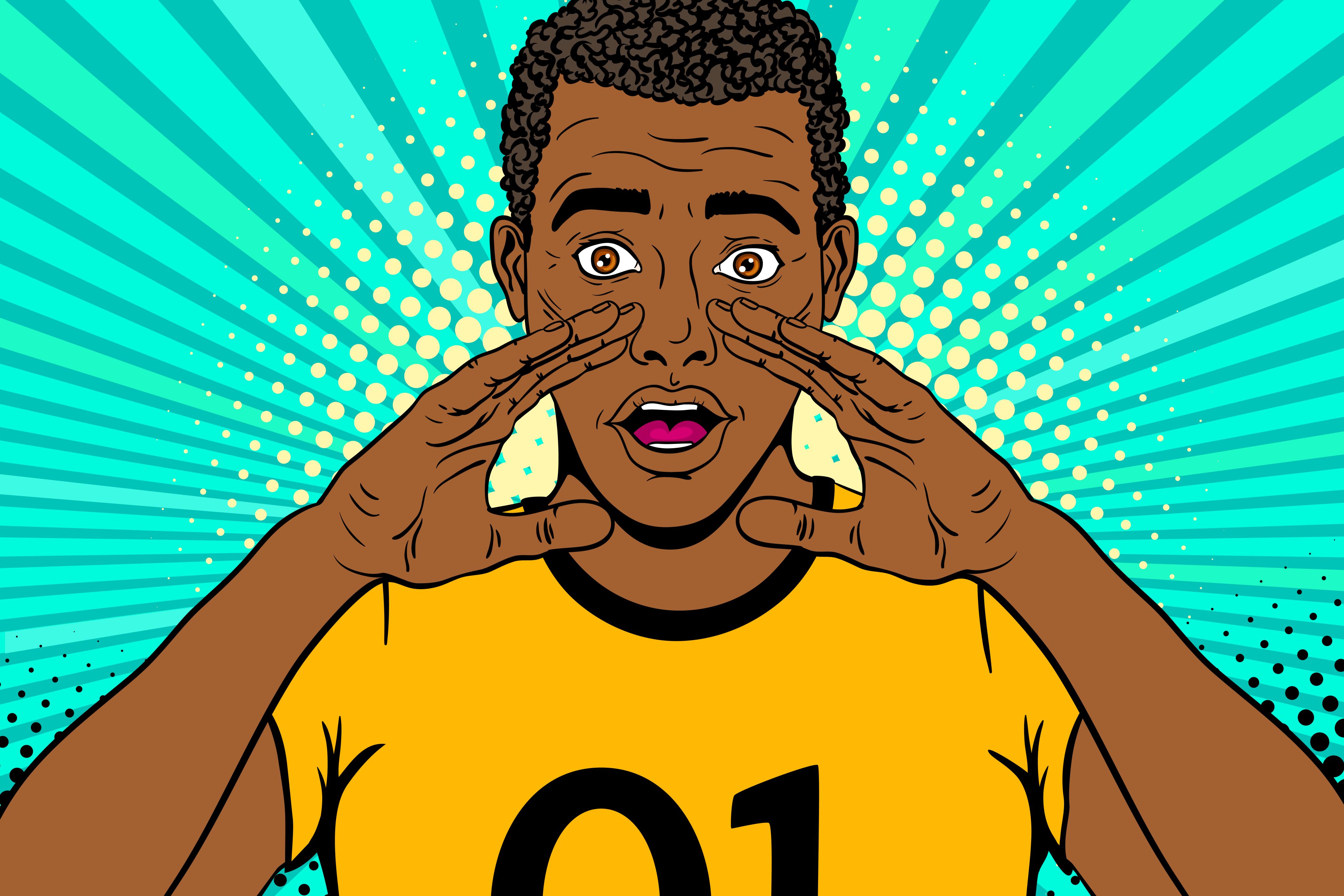
There is a worldwide crisis in adolescent mental health.
In the UK, mental health disorders are growing fastest in young people aged 13 to 24.
Over half of 17-23 year-olds (52.7%) in the UK reported a decline in their mental health between 2017 and 2021. An NHS survey found one in four young people had probable mental health disorders in 2022.
Source: NHS Mental Health of Children and Young People Surveys
Now scientists, educationists and teenagers have come together, creating a unique opportunity to help adolescents with today’s challenges.
By working directly with schools, BrainWaves has been able to introduce evidence-based learning materials and support for teachers whilst recruiting young people to join a longitudinal cohort study.
It is a huge opportunity for research.
Launching BrainWaves, scientists at the University of Oxford described it as a major new programme with a big mission: to better equip young people for what lies ahead.
It is seeking to help them flourish by developing critical thinking skills, life tools for improved personal decision-making and helping them to be more resilient.
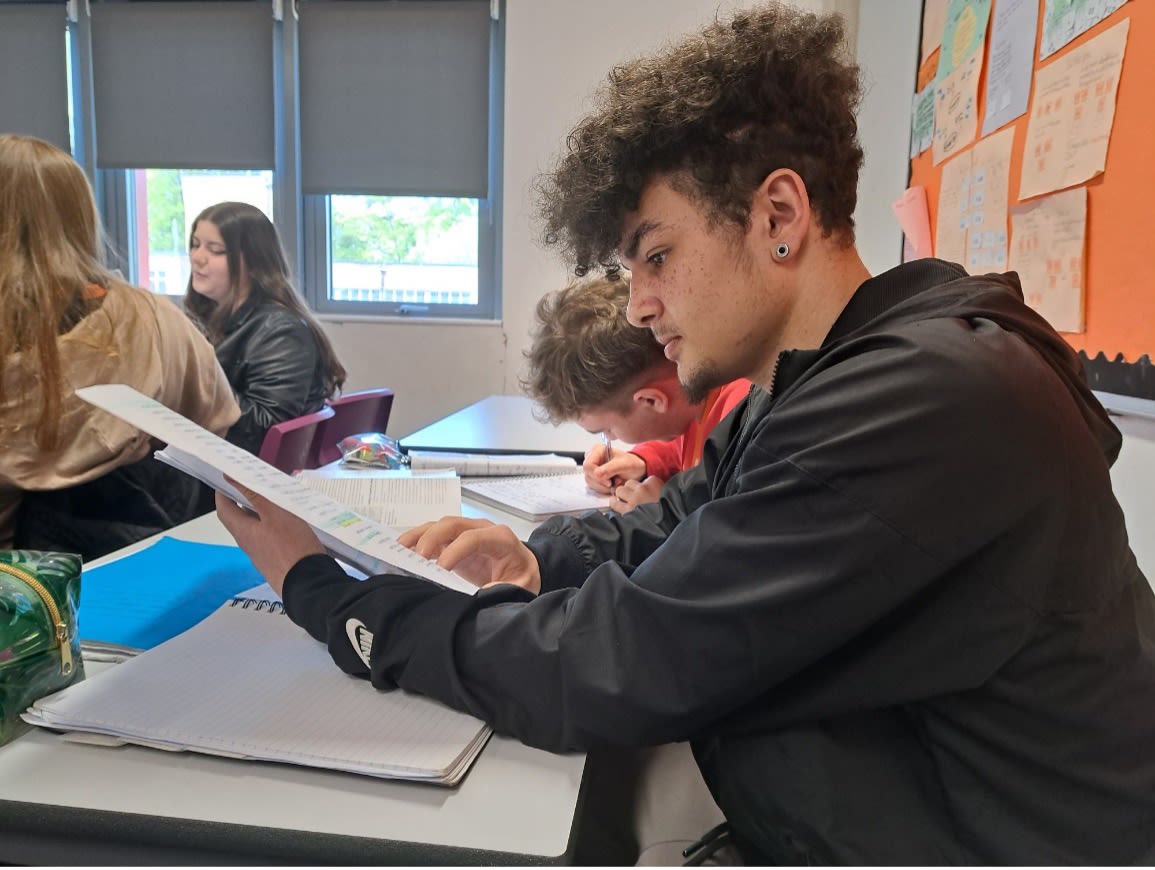
Adolescent students aged 16-19 will be part of the BrainWaves programme
Adolescent students aged 16-19 will be part of the BrainWaves programme
The Department of Psychiatry has teamed up with education publishers The Day, and Swansea University’s Population Data Centre.
Mina Fazel, Professor of Adolescent Psychiatry at Oxford, says that partnership is essential:
‘We have to start doing something on a completely different scale to address the mental health needs of young people.’
‘There are many factors which could be contributing to their difficulties. Schools are the key place that we need to be working. ’
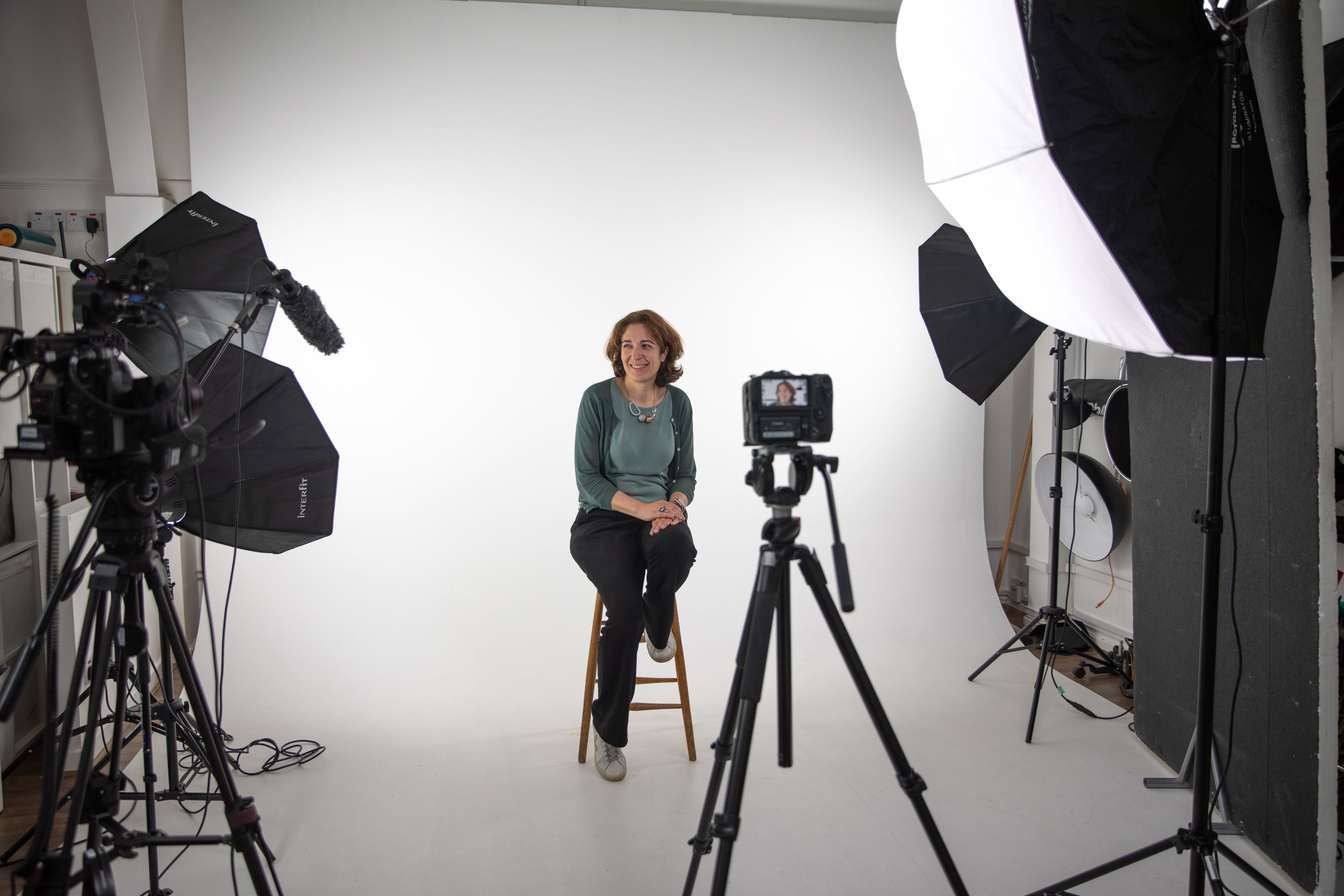
Professor Mina Fazel
Professor Mina Fazel
‘We’ve looked at the data, we’ve been looking at the research out there and all the important work that has been done centres around schools.’
How does BrainWaves work?
BrainWaves has been designed around a two-way relationship between scientists and schools.
In forging direct relationships with schools and recruiting them to be part of a new cohort study as Oxford University Research Schools it is building a lasting partnership that is unusual in academic health research.
With the help of these research schools, the intention is to create the largest longitudinal cohort study of teenage mental health with 50,000 students aged 16-19 participating.
It is an exciting approach which will be transformatory in adolescent mental health and wellbeing. Discoveries and insights drawn from this longitudinal study will feed back to schools in the form of research-informed approaches to wellbeing at school, including innovative educational resources and teacher professional development.
Professors John Gallacher and Mina Fazel explain BrainWaves
Working with schools
Making all education resources freely available means any school can use them, benefitting from expert curriculum plans around mental wellbeing. The Research schools who choose to take park in the cohort, will have their students and teachers:
- take part by completing questionnaires and surveys;
- trial and pilot interventions for BrainWaves
- evaluate and offer feedback on classroom content.
Free support for teachers includes a series of webinars about aspects of mental wellbeing.
The programme is equipping schools to engage their students through evidence-based and engaging educational materials with the goal of helping students to better understand their own personal mental health.
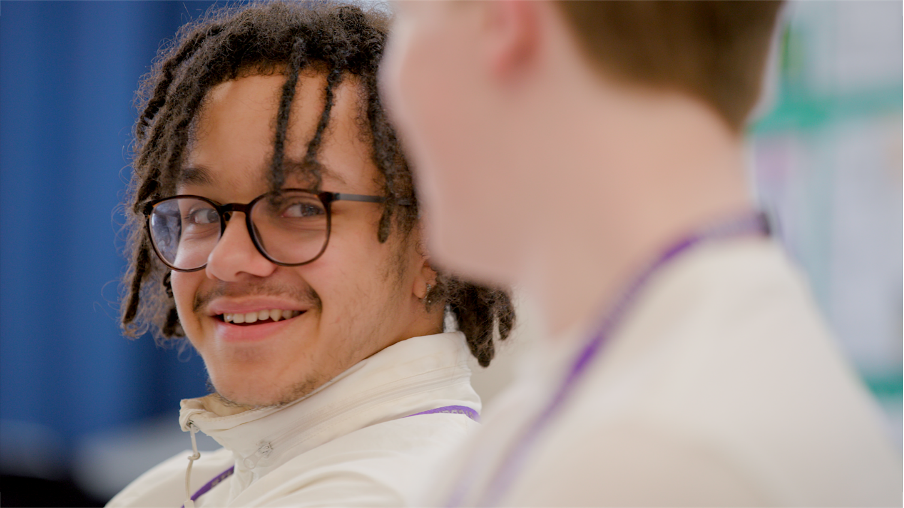
By working with Research Schools, BrainWaves can develop new interventions based on evidence emerging from their research.
These will be taken directly to schools to be tested. Once trialled, those proving to have positive outcomes will be adopted more extensively.
The programme is led by Professor John Gallacher at the Department of Psychiatry:
‘The huge strength of BrainWaves lies in the reciprocal benefits each side of the programme offer each other. Teachers and students will be getting evidence-based insights, lesson plans, content and interventions, whilst researchers will be able to capture data about young people from participating research schools.’
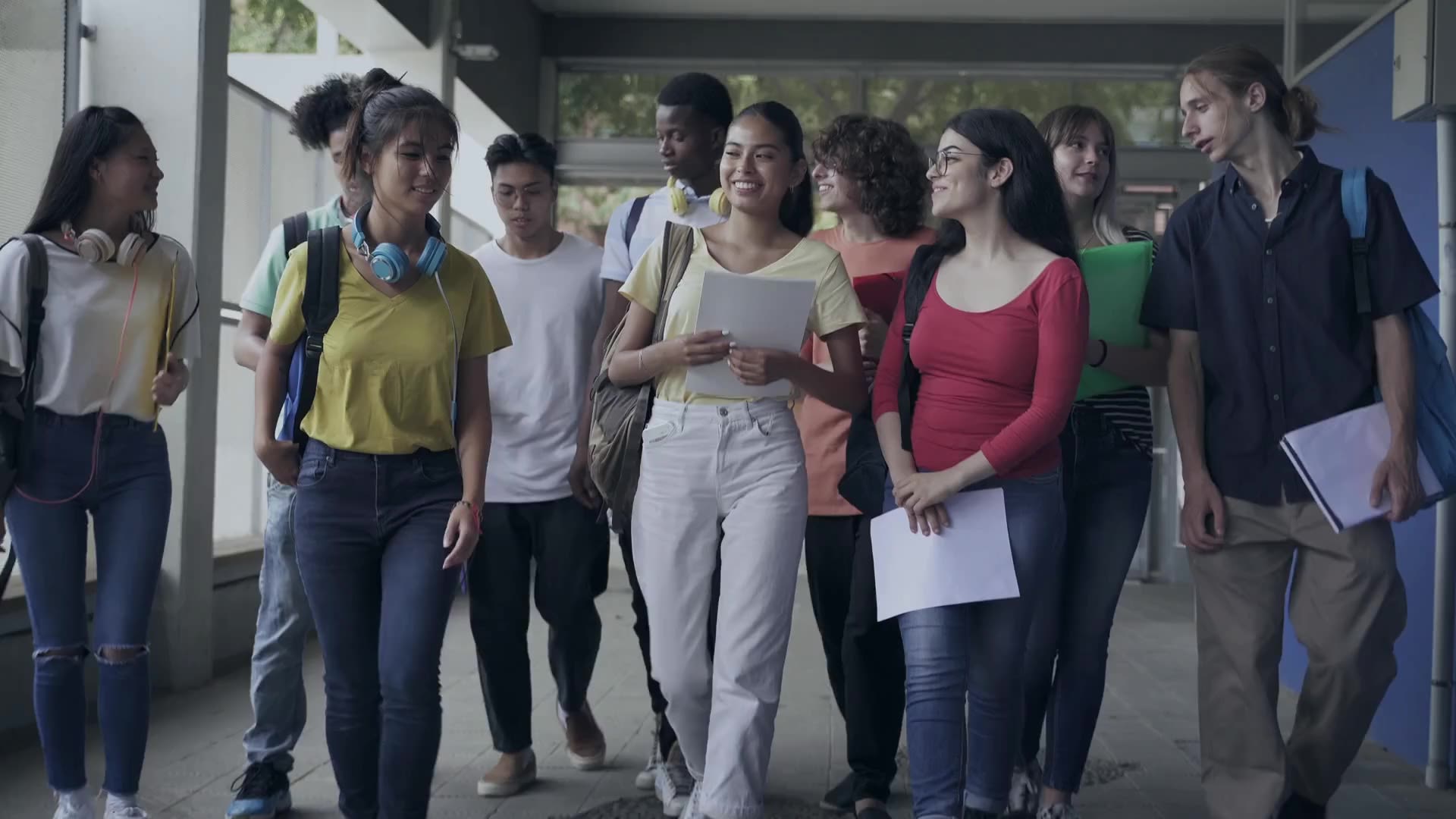
Transforming research into positive teenage mental health
The longitudinal cohort study is at the heart of the programme.
Recruiting young people through participating schools means that it will increase in size over time, becoming a powerful engine for research into adolescent mental health.
Over at least 10 years, BrainWaves academic mental health experts will study young people in their own school environment.
What they learn will grow in scale, scope and importance as more data is collected.
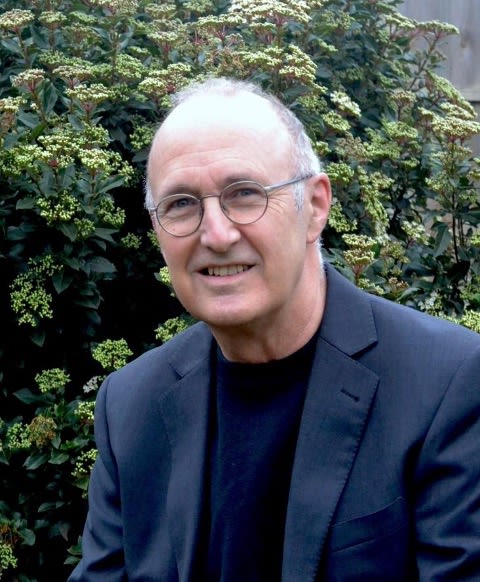
Professor John Gallacher
Professor John Gallacher
Professor of Cognitive Health at the University of Oxford, John Gallacher, said:
‘We have to do a lot better at understanding the teenage mind and addressing mental health issues amongst our young people. More than anything we need to equip them with the tools to thrive in the world today. ’
‘The only meaningful way that can be achieved is undertaking research at scale with a large number of young people to understand the adolescent mind better than ever before and then applying that evidence-based research in classrooms with well-designed teaching materials.’
A big data challenge
The substantial amount of data BrainWaves will acquire is being managed by the University of Swansea which has built a data research platform.
This hub will bring together and harmonise all data, ultimately giving researchers access to data from surveys, questionnaires, health records, brain imaging, population statistics and behavioural data in the future. This will include information about
- home and school life;
- other areas of their lives such as friendship groups;
- things they love as well as worry about;
- how they relax and what leads to feelings of stress.
Its integration will allow detailed analysis, whilst ensuring all sensitive and personal information is held securely, protecting everyone’s identity. It includes a secure research space with software packages for detailed analysis.
Alongside the data portal, BrainWaves has a Trials Platform where interventions and clinical trials can be developed, ultimately leading to new lesson materials and novel approaches being adopted in classrooms.
Why the study matters
Until now, there have not been enough large scale research studies of teenage mental health.
All too often, new approaches to adolescent mental health problems have been based on research in adults.
As Senior Project Manager for BrainWaves, Natalie Coles explains that working directly with young people is fundamental if scientists are going to fully understand the pressures, stresses, behaviours and overall mental health of adolescents.
‘We simply cannot apply what we know about adults to adolescents. It is just not appropriate as the teenage brain is going through so many changes in a short pace of time.’

Natalie Coles
Natalie Coles
The large scale research programme offers for the first time a substantial teen-focused study which, as its impact grows, will transform the nature of interventions for adolescents.
The unique BrainWaves dataset will be open to access around the world, making it an unparalleled resource for scientific research on young people’s mental health for decades to come.
There will be a long-lasting value from new discoveries and insights BrainWaves has enabled in preventing and treating adolescent mental health disorders. And evidence-based insights that can be applied in school will help young people flourish.
Ultimately, BrainWaves research platform will become an increasingly sophisticated framework for future research too in genetics, neuroscience and school-based mental health interventions.

Informing, engaging and empowering
Speaking about the long-term project, Professor of Adolescent Psychiatry at the University of Oxford, Mina Fazel, said:
‘The collaboration with the education sector is vital to the success of the programme. We will be working with schools to create a research cohort as well as a platform to conduct school-based mental health interventions with a diverse group of UK secondary schools to learn more about the adolescent brain.’
The BrainWaves educational programme launched in May 2023 with a series of five engaging and evidence-based lessons for Year 12 students (Key Stage 5). Further lessons will be launched for Key Stages 3 and 4 (Years 7 to 11) in the autumn and spring terms of 2023/24.
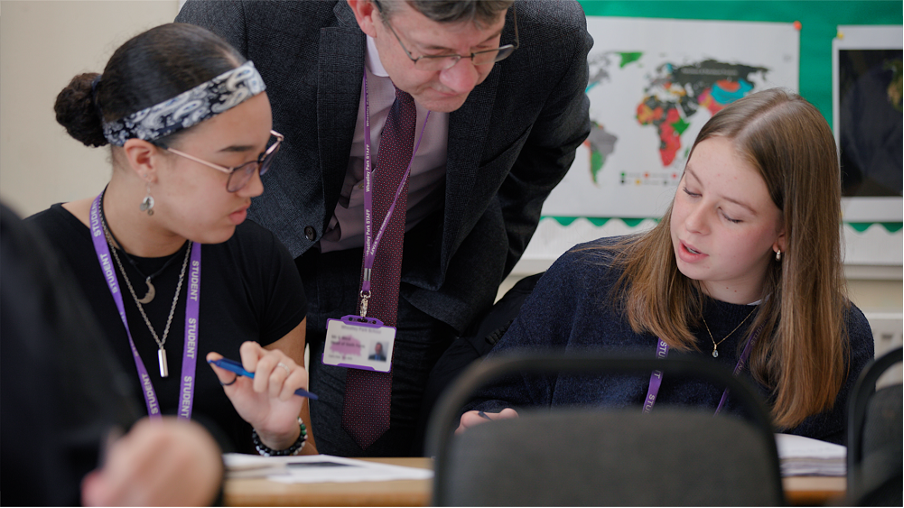
The first BrainWaves lesson in action
The first BrainWaves lesson in action
‘The pupils were really motivated by the active participation and agency of being able to contribute to something bigger, rather than just being passive recipients of mental health resources’
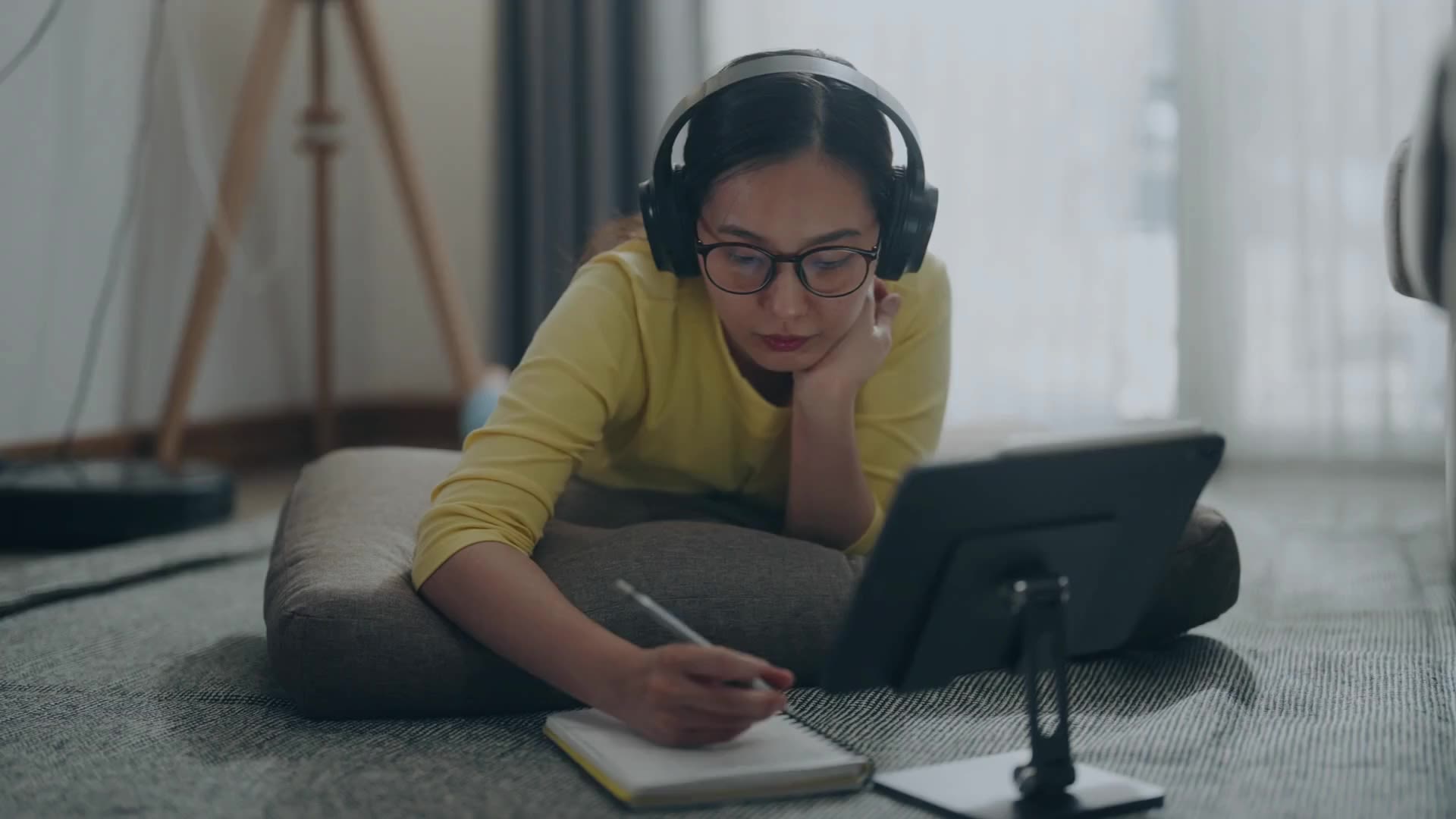
Learning resources
There is a dedicated hub for schools: education.brainwaveshub.org where schools can access BrainWaves’ free resources.
Webinars for teachers about the teenage brain, latest science, guidance, insights about managing students’ mental health issues and participation in the programme is also freely available on the same platform.
These age-appropriate lesson materials to use with students equip young people to have mental health literacy, understand their own brains and develop strategies to manage their mental health and wellbeing.
Enrolling as participants in the BrainWaves programme as a research school provides much-needed information and data for scientists.
Featured lessons
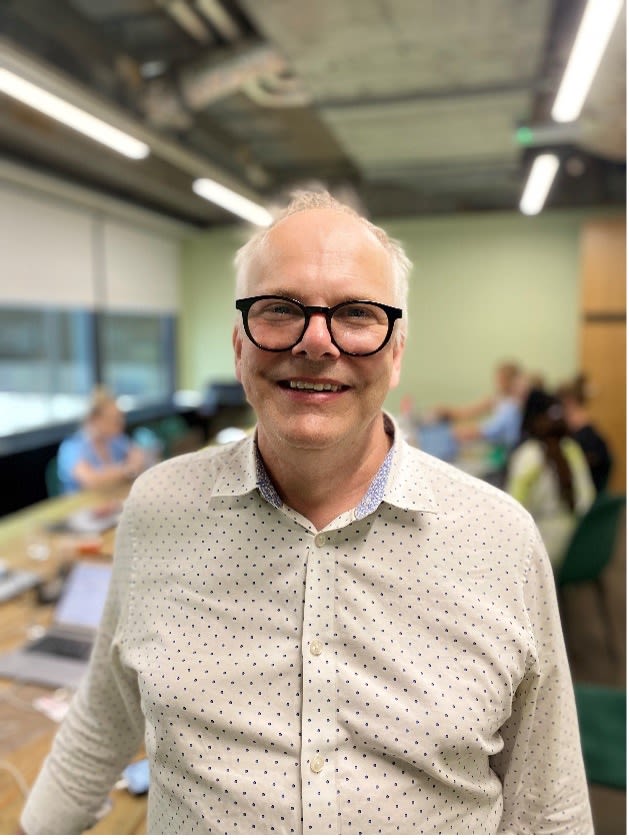
Julian Turner, Director of Education at BrainWaves
Julian Turner, Director of Education at BrainWaves
‘Working closely with schools, we are providing cutting-edge, evidence-backed educational resources for teachers and students. Over time we will be refining these to reflect all the new evidence as it emerges. Perhaps most exciting of all is that we will be empowering young people to influence their own mental health.’
Find out more about BrainWaves
Being a BrainWaves school
It is easy for schools to sign up as a BrainWaves Research School.
Get in touch with the BrainWaves Schools Recruitment team via support@brainwaveshub.org
The benefits include:
- Oxford University accreditation.
- information about the mental health of your students (without identifying individuals).
- access to complete and comprehensive lesson materials that have been developed in partnership with experts, researchers, and the University of Oxford.
- opportunities to take part in free staff development in mental health and wellbeing.





